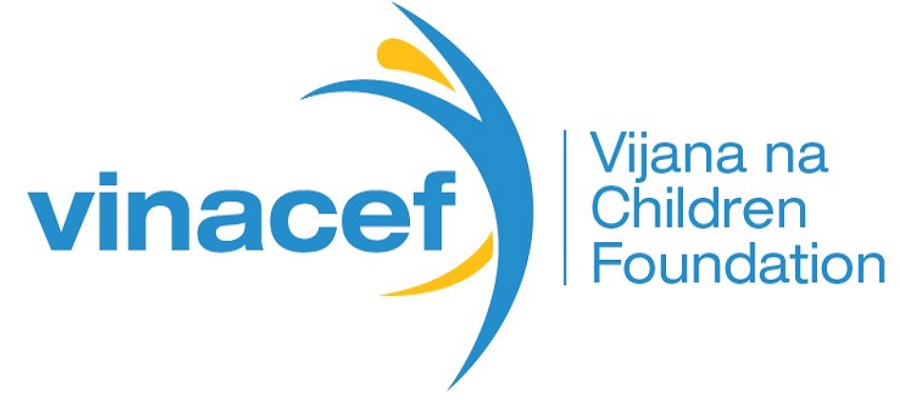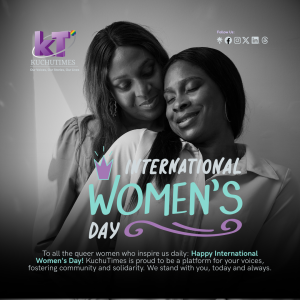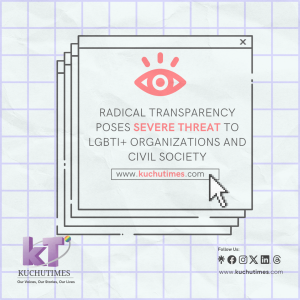Vijana na Children Foundation (VINACEF) invites all interested parties to partake in a webinar on on November 19th, 2020 between 9AM and 4PM (EAT). The webinar will be themed ‘Strengthening access to SRHR/HIV-friendly services among Key Population (KP) communities during and post the COVID-19 Global Pandemic for better health lives and wellbeing.’
ABOUT THE WEBINAR
Theme: Strengthening access to SRHR/HIV-friendly services among Key Population (KP) communities during and post the COVID-19 Global Pandemic for better health lives and wellbeing.
Background and Rationale
COVID-19 Global Pandemic has had a terrible impact on KP communities magnifying pre-existing inequalities and injustices. Prior to the COVID-19 pandemic, at least KP persons were facing stigma, discrimination in communities, limited access to friendly health services and indiscriminate arrests from law enforcement officers. In addition, KP persons are living in fear as a result of COVID-19 myths and misconceptions which affect their wellbeing.
A rapid analysis of the situation of KP persons suggests that the impact of the COVID-19 crisis has been disheartening. The majority of KP persons live in closet and isolation with no income and social support mechanisms while many response programs have not explicitly addressed the issues to do with their health and food wellbeing.
To leave no one behind, including KP persons with no or limited income and majority enrolled as HIV/AIDS recipients of care, urgent attention is required about the experiences and lessons during and beyond the COVID-19 crisis. Given the rise of the new normal, especially in sexual and reproductive health and rights services delivery in the current context of the COVID-19 crisis, it is also important to learn from one another’s experience and lessons to manage new demands. Without KP persons in our priorities and plans, it is not possible for countries to achieve the Sustainable Development Goal 3 (“Good health and wellbeing”).
It is against this background that VINACEF is organizing a webinar to discuss avenues of strengthening access to SRHR/HIV-friendly services for KP communities during and post COVID-19. The webinar will be held on November 19th, 2020 between 9AM and 4PM (EAT).
In the context of remote work and ICT adaptation, this webinar brings together speakers from diverse perspectives to examine the status and wellbeing of KP persons and to identify key challenges. It will also explore ideas and opportunities towards improving SRHR & HIV services delivery and enhanced capacities for continued reflection and future action. These discussions will be linked with the need to build more inclusive and holistic SRHR & HIV-friendly services during and after COVID-19. During the webinar, national and international experiences and lessons shall be shared towards improving the knowledge base and services delivery to KP persons.
Main objective:
To create a platform for KPs sharing on experiences, best practices and technical guidance used during the COVID-19 crisis for good health and wellbeing and, effective programing.
Specific objectives:
- To deepen understanding of the status of KP persons by shedding light on their SRHR/HIV health needs and wellbeing as compared to other members of society.
- To identify key challenges experienced by KP persons, and examine how the COVID-19 crisis has exacerbated the existing challenges.
- To explore ideas and opportunities for governments and development partners to strengthen their response plans and systems to provide SRHR & HIV-friendly services to KP persons.
Expected Outcomes
- The awareness of government leaders and development partners raised regarding the status of SRHR & HIV service provision to KP persons
- Key SRHR & HIV challenges encountered by KP persons identified.
- Ideas and opportunities to improve national response plans, systems, policies, measures and practices identified towards the wellbeing of KP persons.
Meeting thematic areas:
- Systems strengthening among KPs for post COVID-19 improved referrals and linkages to SRHR/HIV and GBV services.
- Strengthening opportunities for post COVID-19 sustainable access to SRHR/HIV and GBV services among KPs.
- Management of and mitigating the impact of COVID-19 on access to SRHR/HIV and GBV services among KPs.
Topics for discussion
- Challenges experienced by KPs in accessing SRHR/HIV and GBV-friendly services during COVID-19
- Promoting and maintaining adequate access to sustainable key population SRHR/HIV and GBV-friendly services during and post COVID-19 in a safe and secure environment
Recipients of care described some challenges around maintaining adequate supplies of medication, being unable to adapt to their regimen, and continuing adherence to antiretroviral therapy during lockdown.
Lockdown resulted in a re-emergence of concerns regarding privacy and confidentiality among KPs especially LGBT community, Sex Workers, Refugees and PWUIDs living with HIV who have not shared their HIV status with members of their household.
There were some concerns that recipients of care may have to share their HIV status in situations that made them feel uncomfortable; for instance, when ensuring an adequate supply of medications.
- Harnessing new models and technologies for increased access to SRHR/HIV and GBV-friendly services for effective service delivery among KP’s.
Despite a shift towards virtual support groups and telemedicine which functioned for some communities, digital exclusion was considered to be a real barrier for those who do not have easy access to internet, phone or computer.
- Re-deployment of SRHR/HIV and GBV staff during COVID-19
Some SRHR/HIV and GBV service providers reflected on their personal experiences, and that of their colleagues, who had been re-deployed to intensive care units during COVID-19.
- Impact on self and feeling of isolation of LGBT community, sex workers and PWUIDs, when shielding/during lockdown
Lockdown resulted in people being isolated from their usual support systems which will have negative consequences to mental health.
- Wider impact on income, food security, housing and the disproportionate impact on the most vulnerable and marginalized groups living with HIV/AIDS during COVID-19
- Long-term health and wellbeing consequences of COVID-19
Conclusion
If all ideas and efforts from KPs, KP-led CSOs, KP-leaning CSO representatives, Development Partners, UN Agencies and bi-lateral/multi-lateral organizations are shared and put together for technical support and resource mobilization, there is no doubt that there will be reduced impact of COVID-19 crisis towards KPs’ access to SRHR/HIV and GBV-friendly services.
Guest of Honour: Dr. Placid Mihayo, Senior Consultant, Reproductive Health Division, Ministry of Health.
The webinar login details are:
https://pbs.twimg.com/profile_images/980151622969036800/GbVtUNKF.jpg
Meeting ID: 943 5368 582
Passcode: 851098
Moderator: Dr. Carol Nakazzi (UAC) & Dr. Shaban Mugerwa (MoH).
Rapporteurs: Edward Kabongoya & Fridah Mutesi
ABOUT VINACEF- UGANDA
Creating Awareness, Changing Lives
VINACEF – Uganda is a youth led non- profit voluntary human rights organization founded in 2011 and registered in 2012 under the Laws of Uganda. It works with the minority sections of the population mainly those marginalized and living under stigma as a result of HIV/AIDS infection, Refugees, Sex Workers, Victims of Drug Abuse and the GT Community (Men who have sex with Men-MSM and transgender persons-TG).




